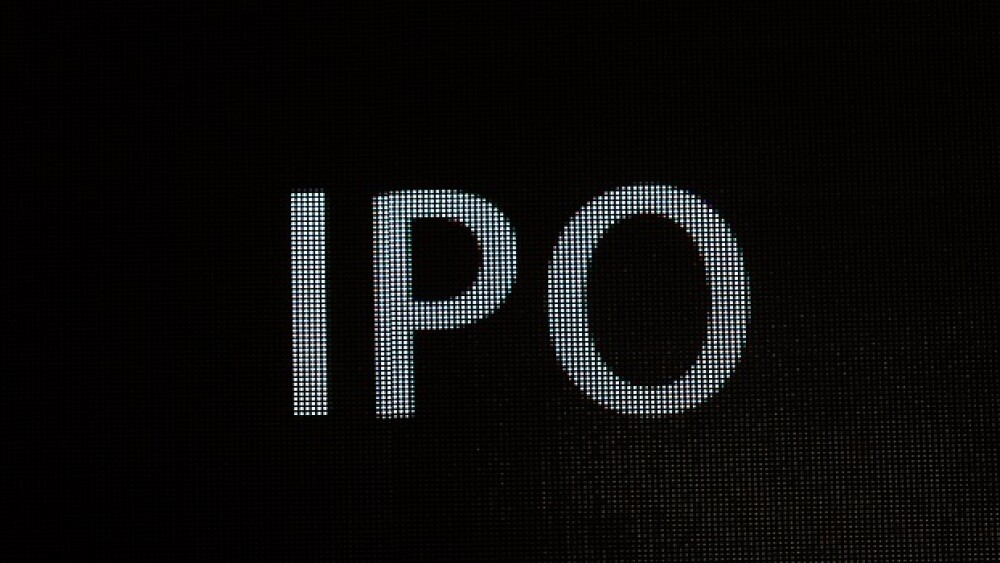In an initial public offering, Unum Therapeutics snagged nearly $70 million to fund its antibody-coupled T-cell receptor technology.
In an initial public offering, Unum Therapeutics snagged nearly $70 million to fund its antibody-coupled T-cell receptor technology.
Shares of Unum will begin selling on the Nasdaq Exchange this morning under the ticker symbol UMRX. On Wednesday the company said it sold 5.77 million shares at $12 each to garner $69.2 million. Cambridge, Mass.-based Unum announced its intent to file an IPO at the beginning of March. The company said it intended to seek an initial pricing of its stock at $12 to $14. From its announcement last night, the company came in on the low end of its initial plan.
When Unum initially announced its IPO earlier this month the announcement was overshadowed by some concerning data regarding its Phase I non-Hodgkin lymphoma therapy that included toxicity concerns at higher dosing levels. In a filing with the U.S. Securities and Exchange Commission Unum said two of the nine patients who received the higher dose died from serious adverse events. Additionally, Unum said an additional patient died following an ACTR087-related severe CRS (cytokine release syndrome). In its IPO announcement, the company noted that the trial had been placed on clinical hold by the U.S. Food and Drug Administration due to the concerns. However, by the time the company publicly disclosed the issues with its trial, the FDA had already released the trial from clinical hold. That lack of disclosure may be concerning to some investors who intend to buy shares of the now public company.
Unum is combining its lead product ACTR087 with Genentech’s Rituxan (rituximab) as a treatment for adult patients with relapsed or refractory non-Hodgkin lymphoma. In the filing with the SEC, the company noted it saw positive data in a small cohort of patients at a lower dose. Unum’s ACTR technology is part of the ever-growing immuno-oncology field. Its ACTR product candidates take T cells from patients and then genetically modify them to express the ACTR protein. ACTR is a chimeric protein which combines parts of proteins found on both T cells and natural killer cells to create a doubly-powerful attack on cancer cells. Those modified cells are then re-administered to the patient with a tumor-specific antibody. In its SEC filing the company said when an ACTR T cell encounters a tumor cell bound with antibodies, the modified product will bind to the antibodies and kills the tumor cell through a process known as antibody-dependent cellular cytotoxicity (ADCC). That is a function not normally observed with T cells, Unum said in its filing.
While Unum is developing its own programs, including a Phase I program for ACTR707, a modified ACTR construct, the company has a collaborative deal with Seattle Genetics. The two companies first forged an agreement in 2015 and now have moved into the clinic. Unum’s ACTR087 in combination with Seattle Genetics novel antibody SEA-BCMA is being studied in adult patients with relapsed or refractory multiple myeloma.





